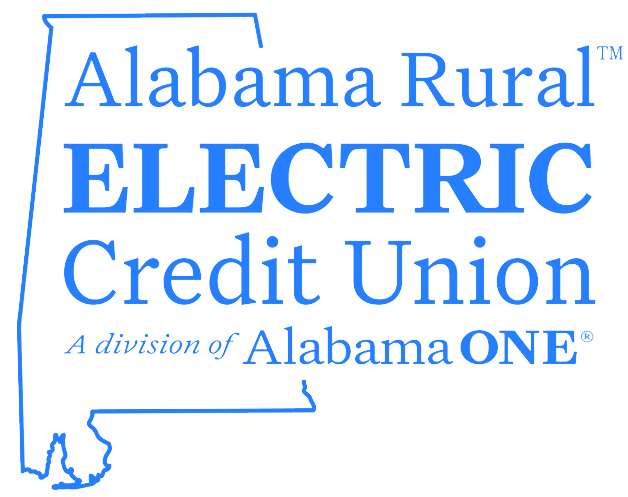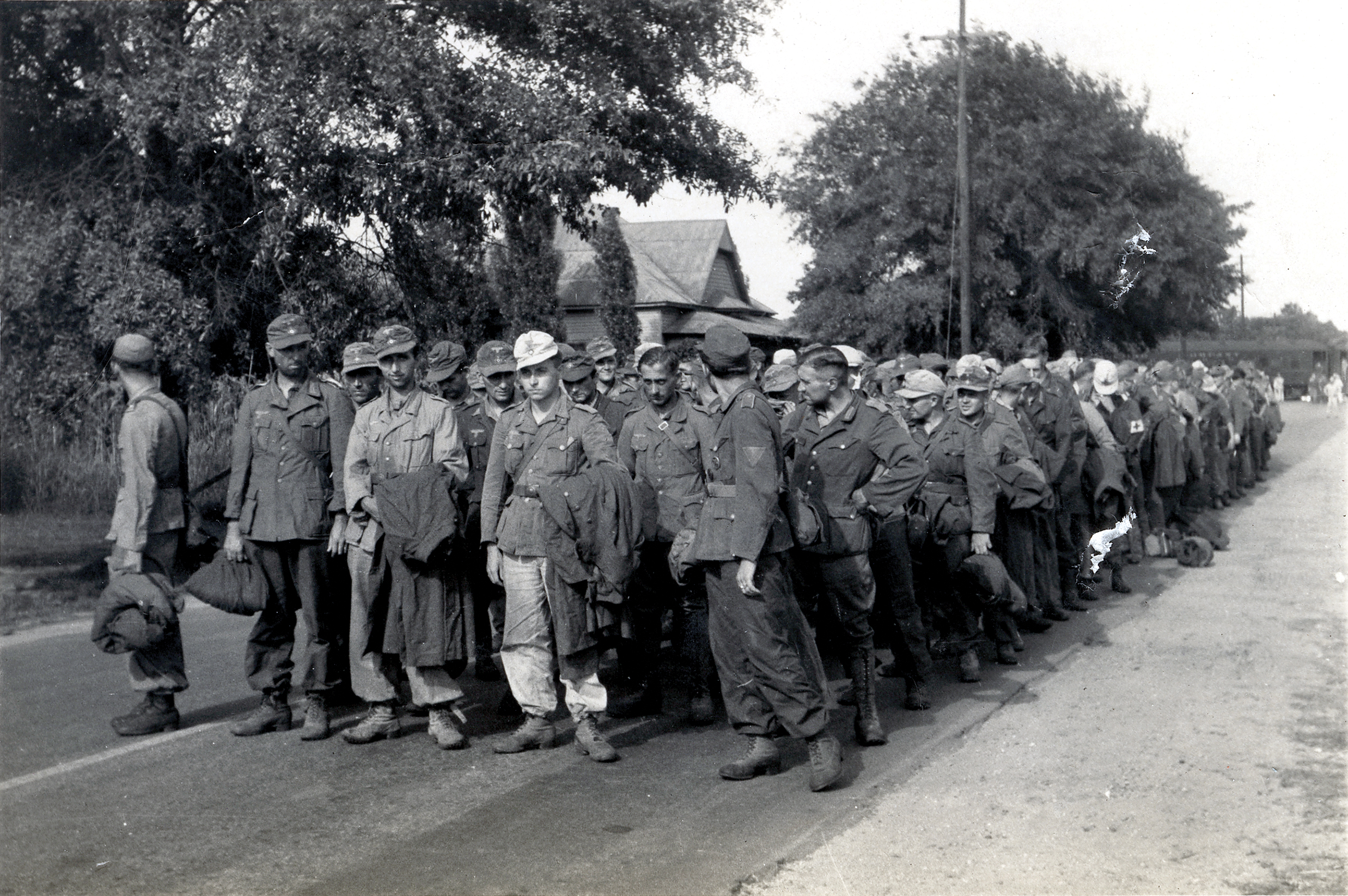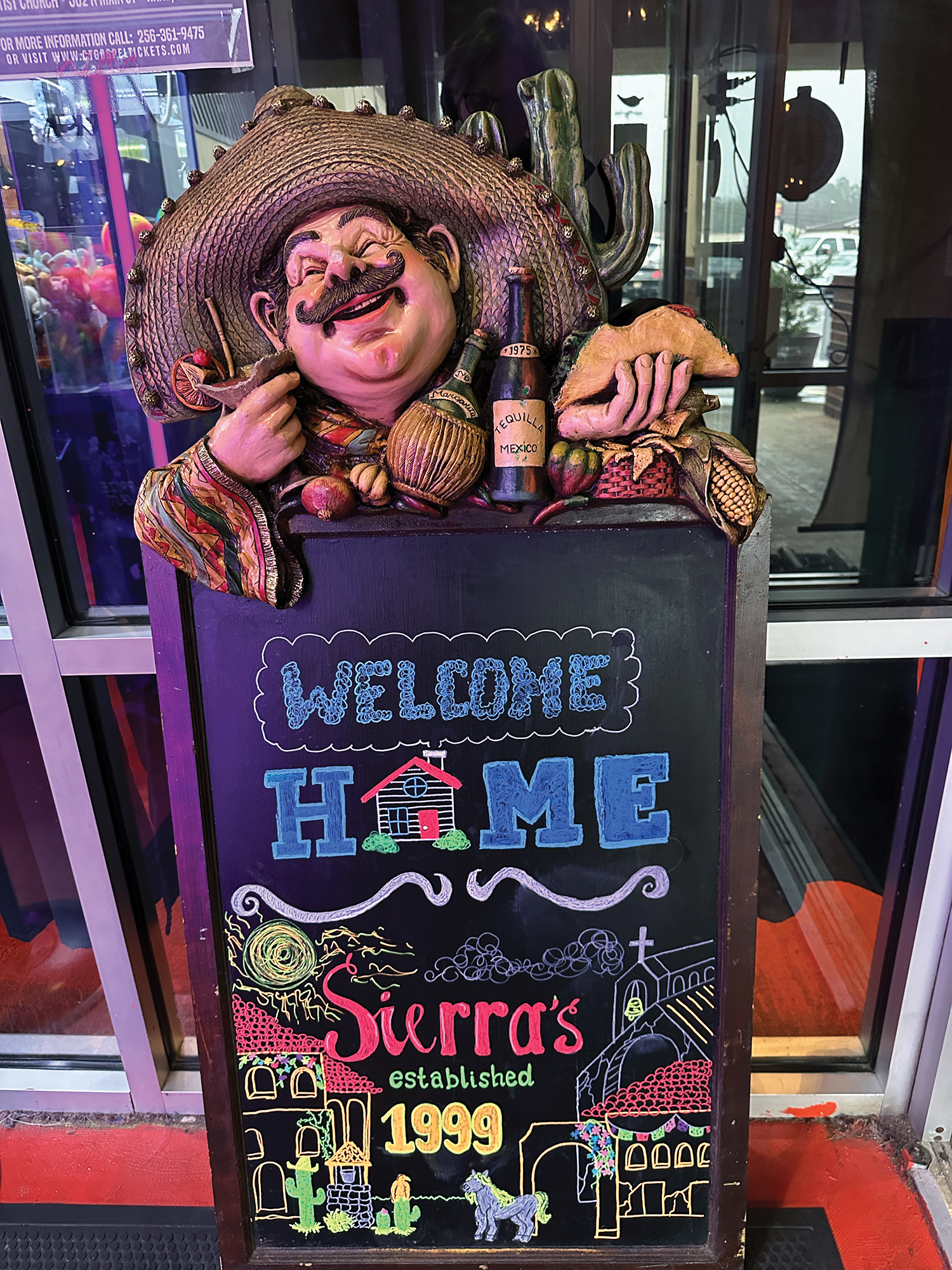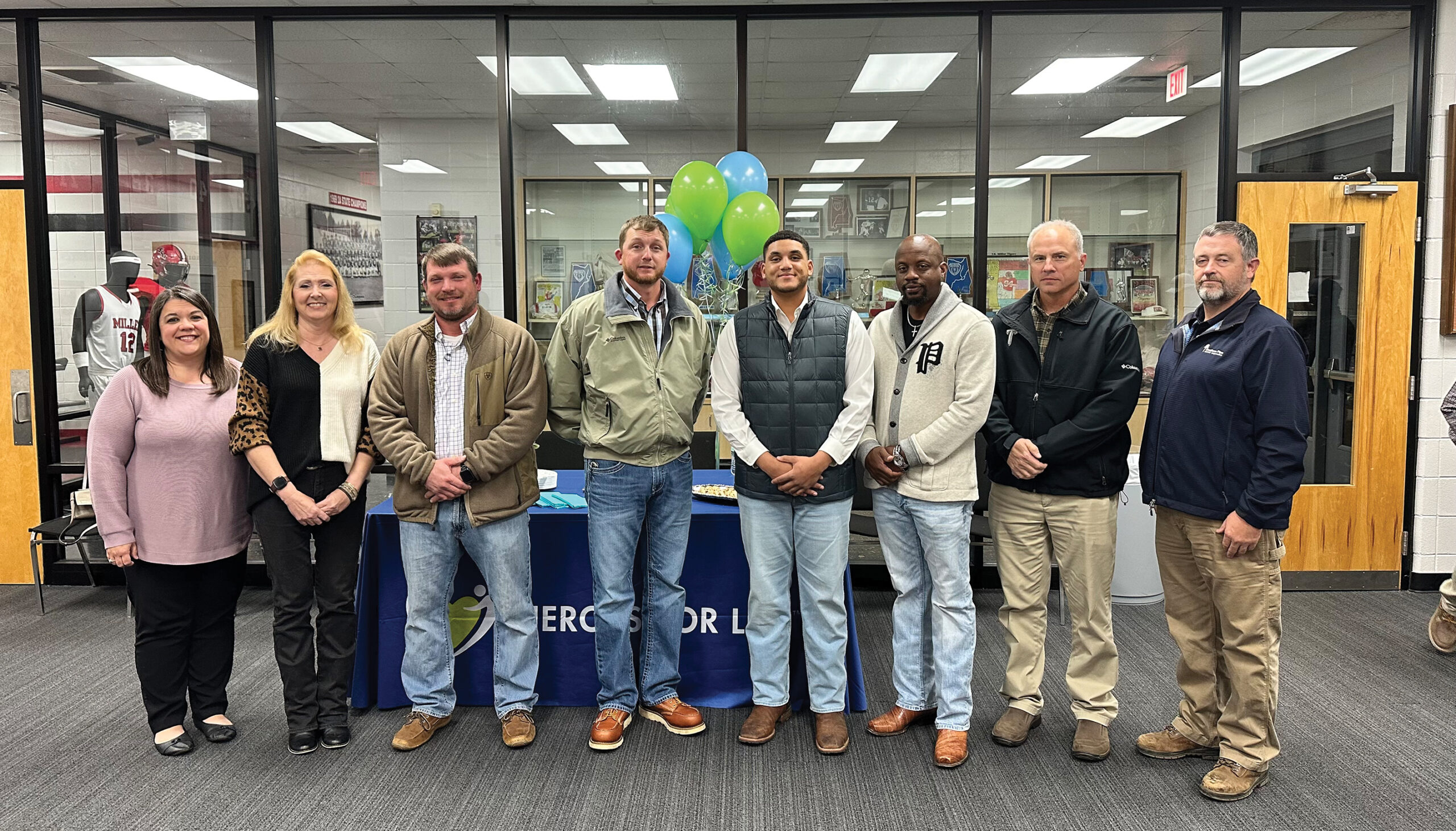Eyewitness recalls blast that demolished downtown Auburn
by Lindsay Penny
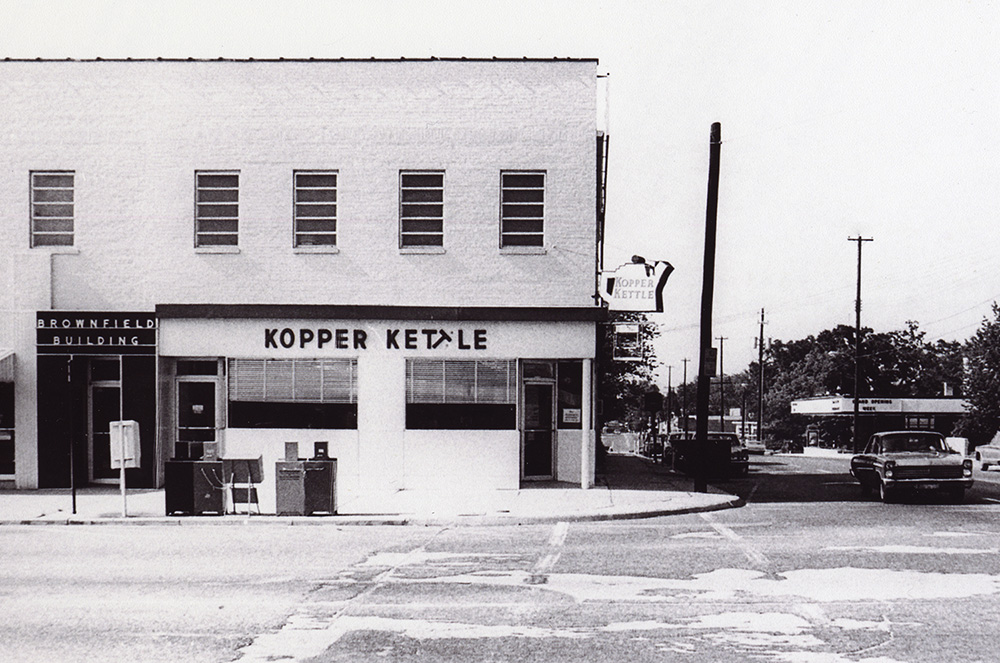
Jan. 15, 1978 was a quiet Sunday in downtown Auburn.
At that time, Auburn was a sleepy little village still on the cusp of the economic boom it would see years later.
The streets were empty as Jim Patterson, an Auburn student, made his way from his apartment on Thach Avenue to St. Dunstan’s Episcopal Church on nearby Magnolia Avenue to catch the morning worship service.
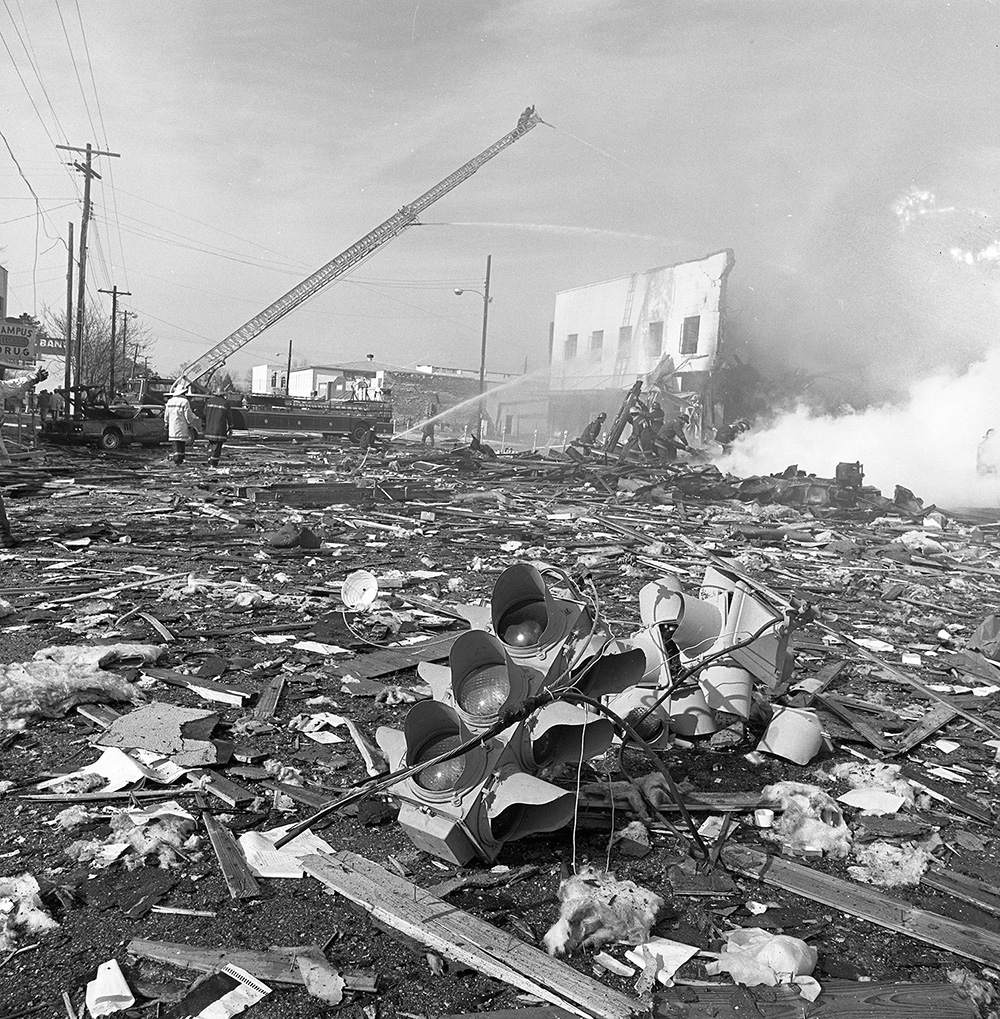
A second later, he hit the ground.
At 8:13 a.m., the Kopper Kettle, a restaurant located in the heart of downtown Auburn, exploded due to a gas leak, taking out several neighboring businesses and shaking the town to its core. The blast left more than 70 businesses damaged, and one small town reeling.
“I immediately fell to the ground, and when I looked up, there were huge pieces of buildings so far up in the sky, I couldn’t believe it,” says Patterson.
After the dust settled, concerned for the well-being of the church congregation, Patterson made his way through the rubble to St. Dunstan’s.
The Rev. Rod Sinclair was preparing for the 8:30 a.m. service when the explosion happened, knocking him to his knees. He thought a small plane had crashed into the downtown area.
“It was just like the movies you see on TV where there is a big explosion, the building rocks and all the windows start moving around,” Patterson says. “It was just an incredible experience.”
Shortly after the explosion, chaos ensued as volunteers, police, firemen and state officials were on the scene to determine the cause of the explosion as they prepared for the worst, searching the rubble for fatalities.
Miraculously, there were none.
“A large part of the street was gone from the Kopper Kettle on down Magnolia,” says Patterson. “Many of the businesses had not opened yet, but there were students living in apartments above those businesses. That was the concern; nobody knew where they were at.”
Much to everyone’s relief, not a single person was killed that day and no life-threatening injuries were sustained. Students were away from their apartments, cars were halted at just the right stoplight, and churchgoers, like Patterson, were just beginning to emerge. The restaurant was closed at the time of the blast, according to a report by ABC News.
Investigators determined the gas leak blast was equivalent to multiple tons of TNT exploding.
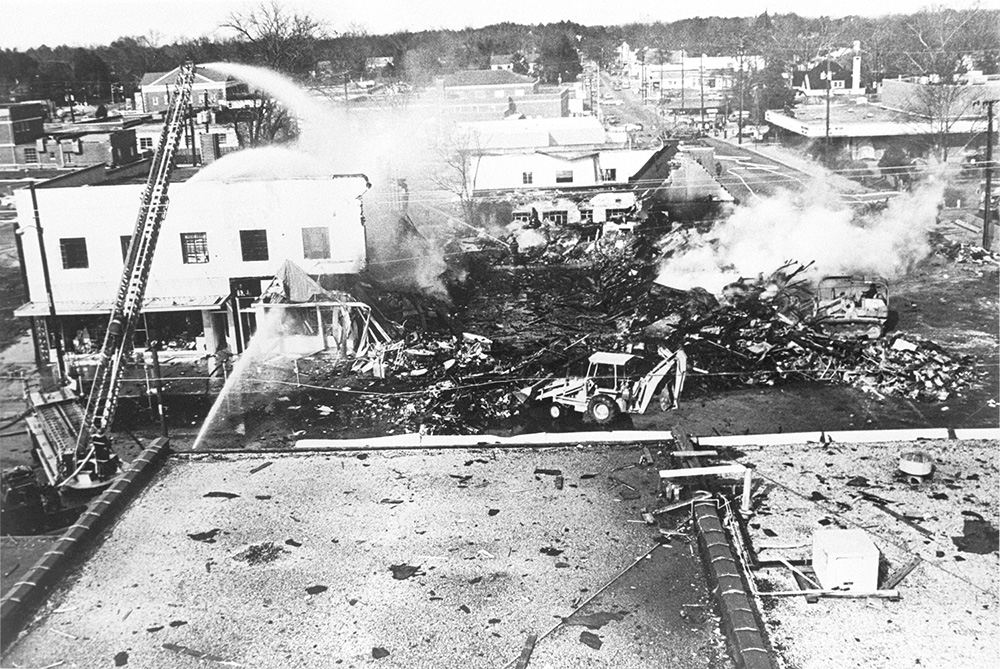 Another witness, a Vietnam veteran, said that it was the most devastating aftermath he had witnessed since returning from the war.
Another witness, a Vietnam veteran, said that it was the most devastating aftermath he had witnessed since returning from the war.
“It’s a memory I’ll never forget,” says Patterson. “At that time in 1978, Queen’s ‘We Will Rock You’ was a big hit. I can say that I was rocked by the song and also by the Kopper Kettle.”
The Kopper Kettle made national headlines that night as word spread about the freak accident in a small Alabama town.
“We were all so grateful that there were no fatalities,” Patterson says. “Everyone in the community really came together that day. I’m so thankful Auburn was small and slow back then. If this had happened today, it would be a much different outcome.”
Two weeks after the explosion, at St. Dunstan’s Episcopal Church, Sinclair gave a sermon fittingly titled “Explosions,” recognizing the outpouring of camaraderie and grateful spirits exhibited in Auburn following the blast. Sinclair and his wife, Louise, now live in Charlottesville, Va.
By the early 1980s, the block was rebuilt and the evidence of the blast was gone.
The familiar greasy spoon that once stood on the corner of Gay Street and Magnolia Avenue did not make a return, but it will forever be remembered by Auburn students and residents.
In fact, shortly after the Kopper Kettle’s demise, an Auburn student wrote and recorded the local radio hit “The Kettle’s Gone,” a take-off on the country hit “The King is Gone.” Commemorative T-shirts were printed and sold, and Auburn graduates still recall exactly where they were the day of the Kopper Kettle explosion.ν
Editor’s note: Patterson is a retired diplomat with the U.S. Department of State and resides in Washington, D.C. He lived near the Pentagon on Sept. 11, 2001, and says as his windows shook from the plane crash, he thought back to that January day in 1978.
